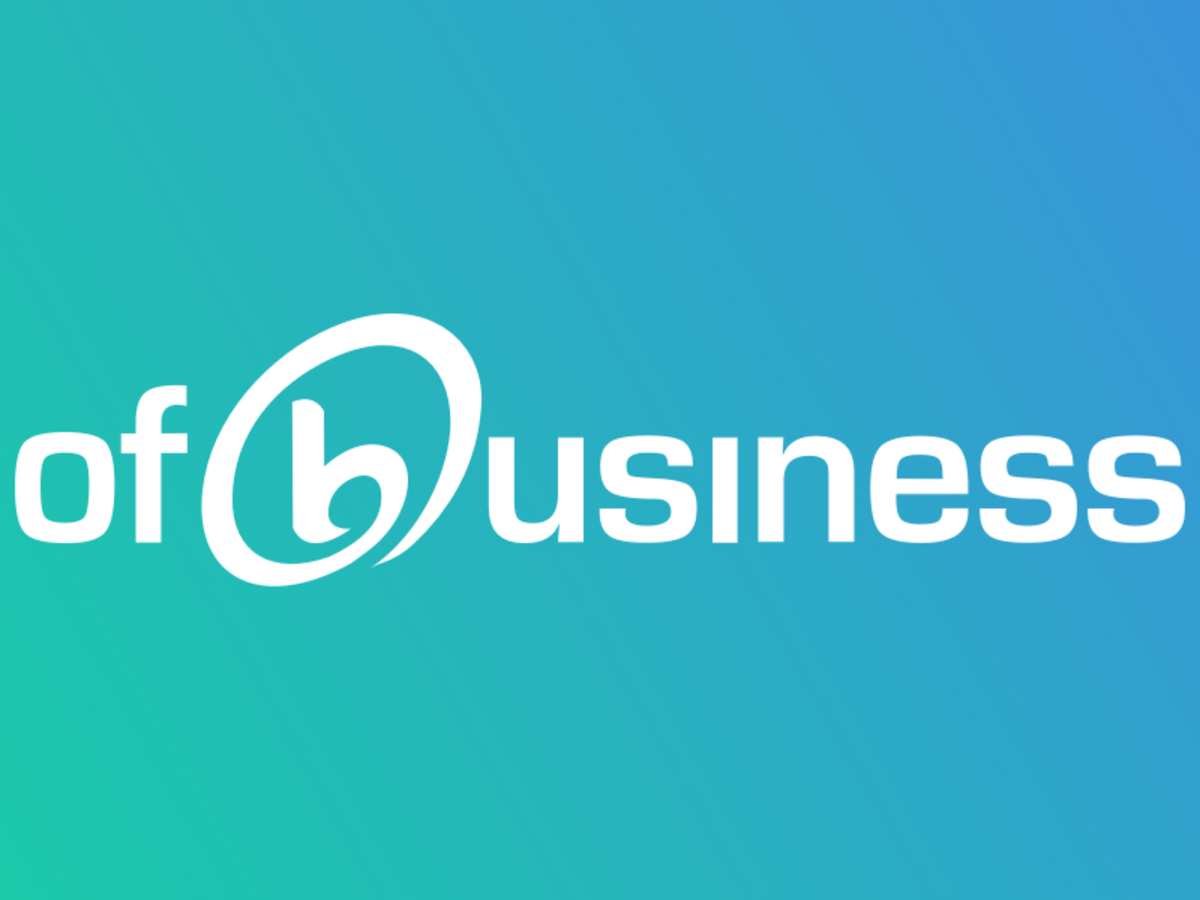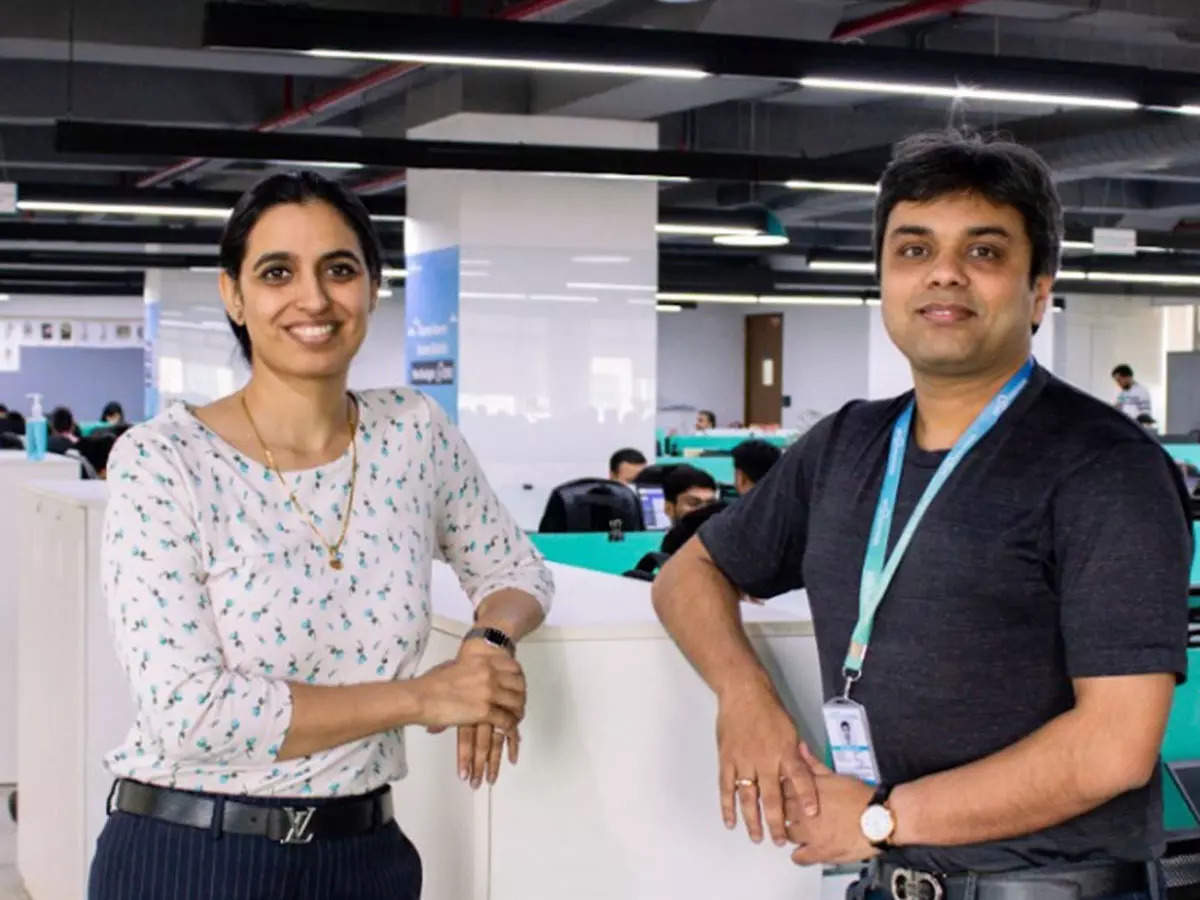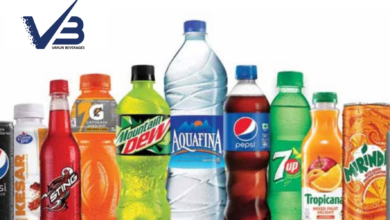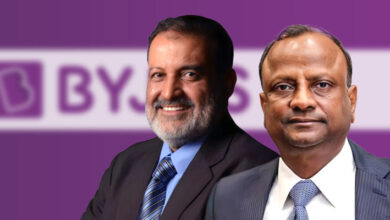70 investors rejected this concept. It has evolved into a unicorn and has aided in creating another

When Vikram Vaidyanathan, a managing director at Matrix Partners, made a seed investment in OfBusiness in 2015, there were a lot of unknowns. He didn’t know what he was getting into, and it looked like he was betting on Asish Mohapatra, the company’s co-founder.

In the past, Vaidyanathan worked with him at McKinsey and Matrix Partners for about 8 years. He knew Mohapatra’s skills. “Ashish has always been more of a business person than anything else.” You knew right away that you had to help him when he decided to start something. Instead, he says, it was a bet on the person.

People on the other side didn’t understand what was going on. Neither did Mohapatra or his four co-founders. Ruchi Kalra, Vasant Sridhar; Bhuvan Gupta; and Nitin Jain didn’t have a clear idea of what they would do at the start. This is how it worked: The team had worked with small businesses in logistics, fulfillment, and procurement. They came up with a lot of ideas for a business investment.
If you build a B2B online marketplace, you can connect manufacturers and suppliers for raw materials, like wood, metal, and other materials. When the co-founders looked at how big the transactions were in this field, it became clear that they would also need a lot of money to be successful. So, OfBusiness became a place for both business and credit.
Commerce and credit haven’t been combined because both businesses are complicated on their own. Mohapatra says this is why it hasn’t been tried around the world. The task was clear from the start. “More than 70 investors turned the idea down,” says the man. Investors we talked to didn’t believe that we could do it.
But now, six years later, OfBusiness is a rare animal. It raised $325 million in December 2021, putting the company’s value at $5 billion at the time.
The story doesn’t end here. A company called Oxyzo was set up by the same people in 2016 as the lending arm of OfBusiness. They wanted to make sure that commerce and credit could work together. That company became a unicorn in March, and that too in its Series-A funding, which isn’t very often.
The startup raised $200 million in a round led by Tiger Global and Alpha Wave Global, with help from other investors like Matrix Partners, Creation Investments, Norwest Venture Partners, and other investors. It now has a value of $1 billion.
CEO: Mohapatra is in charge of OfBusiness, but the CEO of Oxyzo is Kalra. This is the same person. They are married, and they had met each other at McKinsey, where they worked together.

The History of the People
Kalra worked for McKinsey & Company in India as a partner. NBFCs and SMB (small and medium business) banking were the types of financial services she was interested in. When Mohapatra worked for ITC, he ran a small business called Asia Tobacco Company that they had bought.
Before joining Matrix and McKinsey, Mohapatra worked for ITC. In the past, Gupta worked as the CTO of Snapdeal, and he then joined the OfBusiness team. He also worked as a CTO for Bharti SoftBank and Hike Messenger. When Jain and Sridhar joined OfBusiness, they worked for the Royal Bank of Scotland for eight years.
In late 2014 and early 2015, Mohapatra saw a lot of activity in the small business space investing. New companies were starting up in logistics, fulfillment, and procurement, and Mohapatra saw this. I thought, “Why not start something here? This is where I come from; why not? It took me a long time to get out of Matrix Partners, but he says I used that time to put together the first team.
OfBusiness connects buyers and sellers of raw materials to find each other quickly. This isn’t just a small business. Jindal Steel and Power Plants and Shapoorji Pallonji Group are some of its clients. Metals, petrochemicals, industrial chemicals, and agricultural products like grains and spices are some of the raw materials that can be used to make things like paint and glue.
So, if something is significant and needs to be moved by the truckload, we do those transactions on the B2B market. In the last few years, OfBusiness has also done many other things, like package raw materials for sale. But, the CEO says, “It’s mostly a platform for putting things together.”
OfBusiness also helps small businesses get institutional loans (both secured and unsecured) by putting together a lot of raw materials and getting the orders invested. As a next step, it gives the SMEs benefits like bulk discounts. Another advantage of this model is that it has helped it get information about small businesses and their investment.
Their problem was figuring out how to work in a credit-based market, even for big companies like Larsen & Toubro. Is there a way you can get money investments? We said that we would do it.
After we get an advance, people say we’ll work only after getting a loan or work with other people to get a loan. That doesn’t work for us. As soon as he said that, millions of distributors across the country provided both credit and commerce to clients. “But they don’t have investment for things like that.” Their own invested money helps them. There is a limit to how big a business you can make.
So Oxyzo was born to help OfBusiness customers who want to get a loan. Later, it started to serve customers from outside the company. Oxyzo now also serves as a securities and fixed income platform and a source of investing for the supply chain, and now it also does this.
OfBusiness has about 8,000 customers, but Oxyzo has about 11,000 customers.
The growth of investing trees
One of the main reasons they have been so successful is that they have chosen the right businesses to work with. These things became very important in a market where structured, unstructured, and fragmented SMEs all operate together simultaneously.
MSME Report: As of December 31, 2020, about 5 lakh businesses were in the manufacturing category alone (2020-2021). With enough options, things could get very complicated, especially regarding loans.
So, the co-founders decided to only work with a specific type of small business. “We don’t touch people who don’t have a plan.” We usually work with companies that make at least $2 million a year, or at least Rs 15-16 crore a year.
A lot of them have been in business for a few decades. In this case, they are the customers who buy all of these raw materials. This means that they are B2B, which means they deliver something or someone for a big anchor. Mohapatra says that the people who make fan parts or electrical parts for Havells are his customers.
For Oxyzo, this is also true. Oxyzo does not work with small businesses that don’t have a credit history.
Twin investing businesses have an advantage over banks because, unlike banks, they can offer small businesses the full range of financing they need for their supply chains. Banks only do 20% to 30% of what they need to do, and the rest of the money comes from the intermediary, the distributor, a big retailer, a financier, or a small one. Instead, “We do this job.”
They had to deal with many problems because they didn’t use technology very much. Buyers and sellers used to want to meet before making a deal. On the other hand, the pandemic helped to change this way of looking at things.
It has become easier to do business, and supply chain flow in the B2B market isn’t a secret over the last few years. Agarwal, CEO, and founder of Indiamart, says people have more of an internet footprint.
Agarwal started Indiamart, a business-to-business platform for small businesses, in 1996, and it’s still going strong today. “There was very little use of computers and the internet in India.” People had a hard time getting information to and from each other. If you’re in the US or Australia and want to buy something from India or China, the best place to look is in the print directories or at the export promotion councils. Embassies and trade fairs would be used to exchange information and trade goods, which was costly and not many people used to do, says the man in the story.
Then, in 2002, the BPO industry increased in India. It took a long time for people to start using the internet. Computers became more affordable, and email and other digital methods of communication became more common. Then, many people started using smartphones and getting cheaper internet service.
Many new things made the internet more familiar, like 3G and smartphones. People who run small businesses in the countryside could find out about prices or suppliers in Delhi, Mumbai, and other cities. The whole ecosystem has changed, he says.
With the introduction of GST, the demonetization of some of the old currencies, and other things, this change got even more pushed forward.
More things to do
It’s also hard to make a platform like theirs. Because if your market is selling metal, it is straightforward to sell one brand of metal.
” One producer will say, “Hey, you already work with someone, so why should I come in?” Throw him out. The distribution system in India is like this: OfBusiness also had a limited reach because most small businesses didn’t live in the city. By the way, Mohapatra says that the workers at his company didn’t want to work in non-metros. When you meet buyers and suppliers in person, you must go to their warehouses, show them the platform, and get them to use it.
These problems were still there, but the company was able to work them out and make itself stand out. The only companies like OfBusiness that do investing investing and fulfillment together are very few and far between. If you don’t do both together in the way we have, he says you won’t be able to stay alive in this market.
Mohapatra’s clients are on the same page
One of the most senior people at Jindal Steel and Power Plants says that the OfBusiness marketplace is robust for many products. From 2016 to the present day, Jindal has worked with the company almost every day.
Many of our customers buy things directly from us, but we also use the platform of business to look for buyers for a lot of different kinds of goods. They have also taken the credit risk out of the picture. Supplying material, getting it out the door, and getting invested quickly are what we always think about. It’s not easy for us to do business with many people because we aren’t sure they can deliver. A company employee who doesn’t want to be named says that OfBusiness can help.
The two things that make money and grow your business investments
Because of this business formula, things have worked out well for us. He says that in 2021-22, OfBusiness made about Rs 9000 crore. “In the next year, we’ll make somewhere around Rs. Forty-five thousand crores in revenue from the business.” It has a gross margin of about 8.2%. This year, the company made a profit of Rs 55.7 crore, up from Rs 32.3 crore in FY20.
This is what happened to Oxyzo in FY21-22. It had a loan book worth about Rs 2,650 crore and a profit of close to about Rs 100 crore that year. This year, it thinks they’ll reach Rs 6,000 crore when it comes to loans, and profit will get Rs 280 crore.
Kalra says that the team is to blame for the company’s success. “For a financial services company to be successful, it is important to have the right mix of growth, quality, compliance, and leverage.” The people who work at Oxyzo have made this for the store, and she says they have paid a lot of attention to sales, risk, and process.
It will be hard for Oxyzo to deal with competition in specific niches, technology adoption, and finding people who think like them, says the CEO.
He also has a plan for how he wants the company to grow. “Just add one more zero to whatever number you made and do it in the quickest way possible.” He says they are in two huge markets: raw materials worth $500 billion and agri-commodities worth $1 trillion. The market leader doesn’t need to do anything different, and the most important thing is to grow, scale up, and make money.
Oxyzo sees things differently. The platform must first become well-known in the field of B2B finance. In a year to 18 months, we should be able to do that.
Kalra, the CEO of Oxyzo, says that they will keep coming up with new ways to do things in this field, including how things are made and how they are put together and sold. “We think it will become a $1 billion book with a 25% return on investment investment by adding fee income streams.”
This is how it looks right now: OfBusiness is getting ready for an IPO worth $2 billion. That is what Vaidyanathan says. This is the first time we have seen a company grow this quickly. OfBusiness is like a machine that does things. The most important thing for OfBusiness is to keep doing what they’re doing at that size, says the man who spoke.




